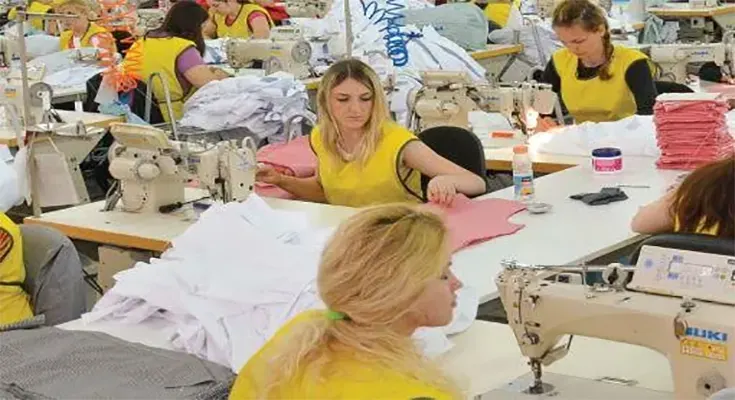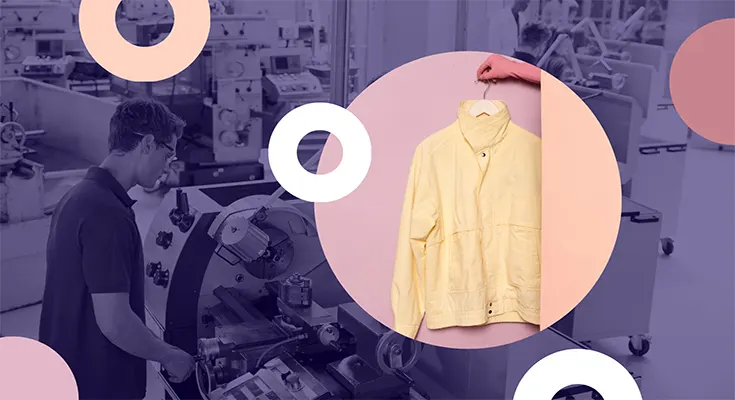
Integrating Sustainable Practices into Fashion Supply Chain Management for a Responsible Future
The fashion industry stands at a critical juncture. For decades, the traditional linear supply chain—a “take-make-dispose” model—has driven profitability but accrued devastating environmental and social debt. Today, managing a profitable fashion business necessitates integrating sustainability not as a marketing gimmick, but as a strategic necessity embedded in every operational layer.
1. Defining the Problem and the Scope of Change
The environmental cost of conventional fashion is staggering. It is one of the world’s largest industrial polluters, characterized by excessive water consumption (particularly in cotton cultivation), the generation of massive amounts of textile waste, and significant carbon emissions from global transport.
The industry’s response is the crucial shift toward a circular economy. This model aims to keep products and materials in use for as long as possible, eliminating waste by design. Achieving this transformation requires integrating sustainability across the environmental, social, and economic pillars of the supply chain—from …
Integrating Sustainable Practices into Fashion Supply Chain Management for a Responsible Future Read More




